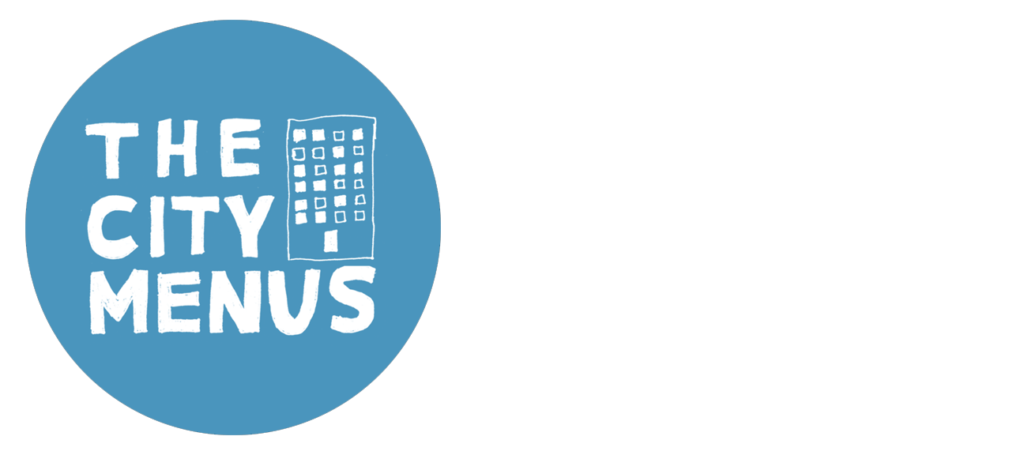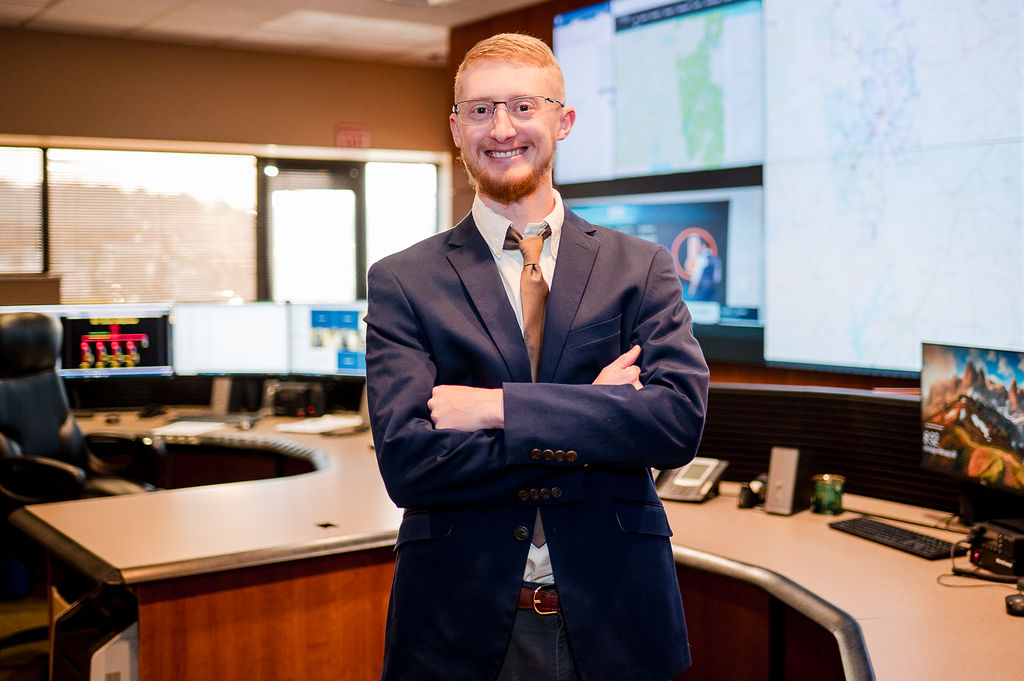
Linking experiential learning and career readiness is something University of West Georgia English professor Dr. Maria Doyle has been committed to as a faculty member and when serving as director of study abroad programs for nearly 25 years.
And with her recent appointment to the 2024-2025 class of Governor’s Teaching Fellows (GTF) Program – one of only 16 faculty members throughout the University System of Georgia to be selected – she will continue to make the classroom a more dynamic and relevant space to serve the needs of today’s students.
“In my previous role, I helped students think about the value of their experiences abroad for both their personal goals and their future professions,” Doyle explained. “I’ve been very conscious of the need to help students in my classroom make the same link between intellectual discovery and practical application. GTF will give me a chance to spend extended time learning with and from faculty who share this commitment to innovative teaching.”
While many humanities students are avid consumers of digital media, Doyle observed, it’s important they understand technology purposefully. That requires an introduction to useful digital tools, with faculty who help them learn adaptability that will help them make the most of resources that are continually evolving.
Doyle’s core project as a GTF fellow will be a refinement of the UWG English program’s senior capstone course that will bridge this gap by engaging students in a more hands-on digital humanities project.
“This will allow them to communicate the independent research they’re completing for the class in a public-facing format,” Doyle elaborated. “The key is in redesigning the course to balance the content learning students need to complete meaningful literary research with guided training on using the technical interface that will allow them to communicate the depth and relevance of their work through the web.”
Dr. Jon Preston, UWG provost and senior vice president for academic affairs, said he is inspired by Doyle’s proposed GTF project and believes it will be transformative for the course and the students’ experience and career preparedness.
“Based upon her past excellent work in teaching and the opportunity to enhance undergraduate course development through the Governor’s Teaching Fellows Symposium in this upcoming year, I am confident that Dr. Doyle will be an excellent participant and contributor,” he said. “I’m excited to see what she will bring back to positively influence her colleagues in English. She will learn from the experience and contribute greatly as a participant.”
GTF was established in 1995 by then-Georgia Gov. Zell Miller to provide Georgia’s higher education faculty with expanded opportunities for developing teaching skills. Miller envisioned that this program would address faculty members’ pressing need to use emerging technologies and instructional tools that are becoming increasingly important for learning in today’s society.
In addition to Doyle’s appointment, UWG Assistant Professor of First-Year Writing Dr. Jenna Harte was selected to attend GTF’s Symposium, “Artificial Intelligence in the Holistic Classroom.” Each May, the Governor’s Teaching Fellows attend an intense one-week seminar that includes structured faculty development sessions facilitated by experts, instructional design activities, collaboration with faculty peers from other institutions, and independent study reflective of each participant’s needs and interests.
Goal-focused and ready to put her GTF experience into action, Doyle looks forward to participating in the learning process the program offers. She shared the joy of teaching literature is getting students excited about the way stories are shaped, the way they meet social needs, then finding ways of applying those narrative lessons to their own communications.
“Teaching is a process of continual learning,” she added. “Studying literature is about learning how human beings think. Telling stories and making narratives of our experience is a deeply human process. So much of our engagement with other people is now mediated by technology, and the classroom must respond. My goal as a teacher is to find effective ways of adapting my classroom strategies so that we can preserve the core skills students need by finding new ways to reach them and train them to reach others.”





